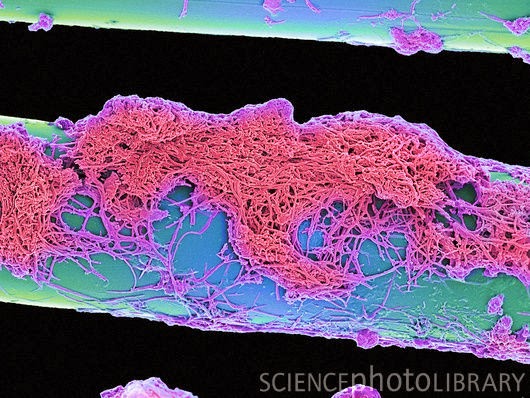While brushing your teeth three times a day is ideal, more may not be, says Sesemann. "More than four toothbrushings a day would begin to seem compulsive."
Excessive brushing could expose the root of the tooth to irritation, and that could in turn irritate the gums. Brushing vigorously can also erode tooth enamel. The trick is to brush very gently for two to three minutes.
cited from http://www.webmd.com/oral-health/healthy-teeth-10/brushing-teeth-mistakes?page=2
cited from http://www.webmd.com/oral-health/healthy-teeth-10/brushing-teeth-mistakes?page=2










